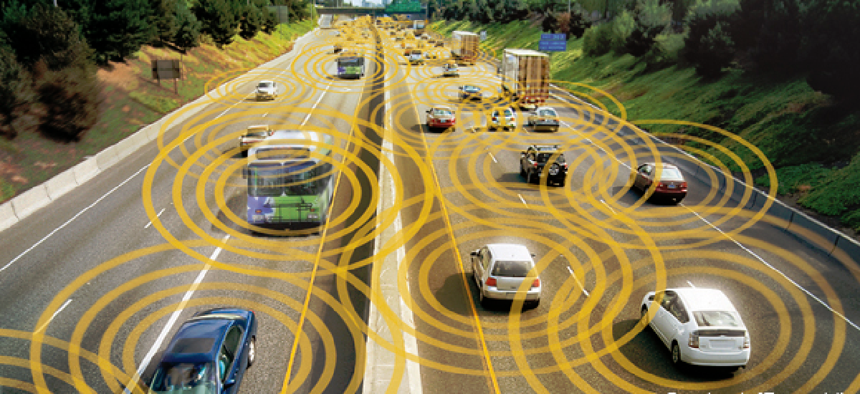Driving transportation innovation

The National Governors Association has a released a roadmap to help states leverage new opportunities and stay ahead of the advancing technology.
A slew of new technology is headed for Main Street. Connected vehicle technology is a standard feature in a number of new vehicles, and self-driving cars are right around the corner.
These advances prompted the National Governors Association to develop a roadmap to help states leverage new opportunities and stay ahead of the advancing technology.
As the transportation sector becomes more infused with sensors and internet-connected devices, the amount of data it will be collecting, moving and storing has escalated. Data policies must clarify who “owns” the data being collected and address the public's privacy concerns.
State-level transportation departments must implement both policy and infrastructure to deal with this data, according to the NGA report, Governors Staying Ahead of the Transportation Innovation Curve.
Network infrastructures, meanwhile, will need significant upgrades to support transmission of massive amounts of data necessary for connected vehicle technology.
“Large segments of the country lack the high-speed broadband required to provide the necessary connection for [autonomous vehicles and connected vehicle] technology, and those that do have access may find the network inadequate for transmitting the large amount of data produced,” the report said.
This increasingly connected environment also opens up opportunities for the private and public sectors to share more of their data. “Many states are entering into partnerships with Waze,” NGA Transportation Program Director Garrett Eucalitto noted.
States can share information generated by state traffic control centers with Waze and in return get live traffic data that helps inform transportation department of incidents they may not be aware of, Eucalitto said.
“It’s actually been shown in some states to save money for those state’s operations in their highway departments,” he said.
States are also collecting more data themselves. State transportation departments are installing roadside units to communicate with connected vehicles, and they’re realizing this data could be a valuable asset. While no state has decided to sell this data back it the private sector, some have considered it, Eucalitto said.





